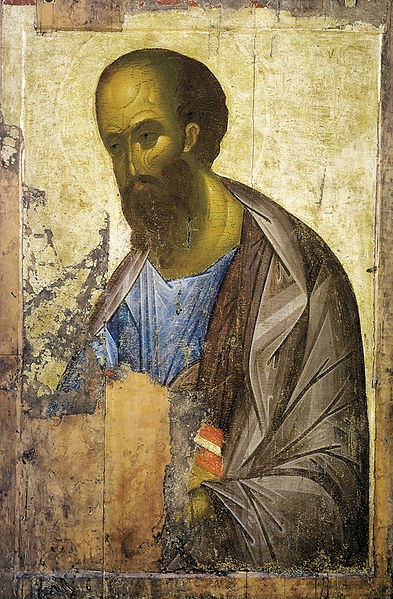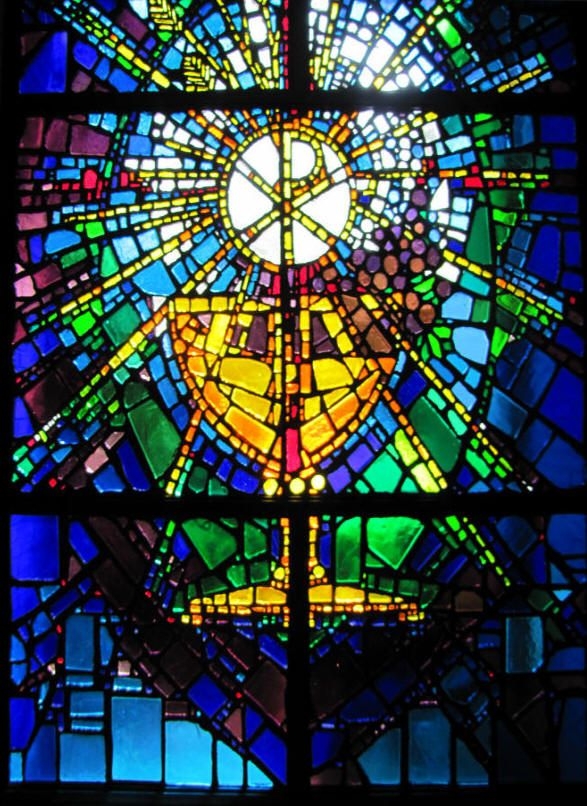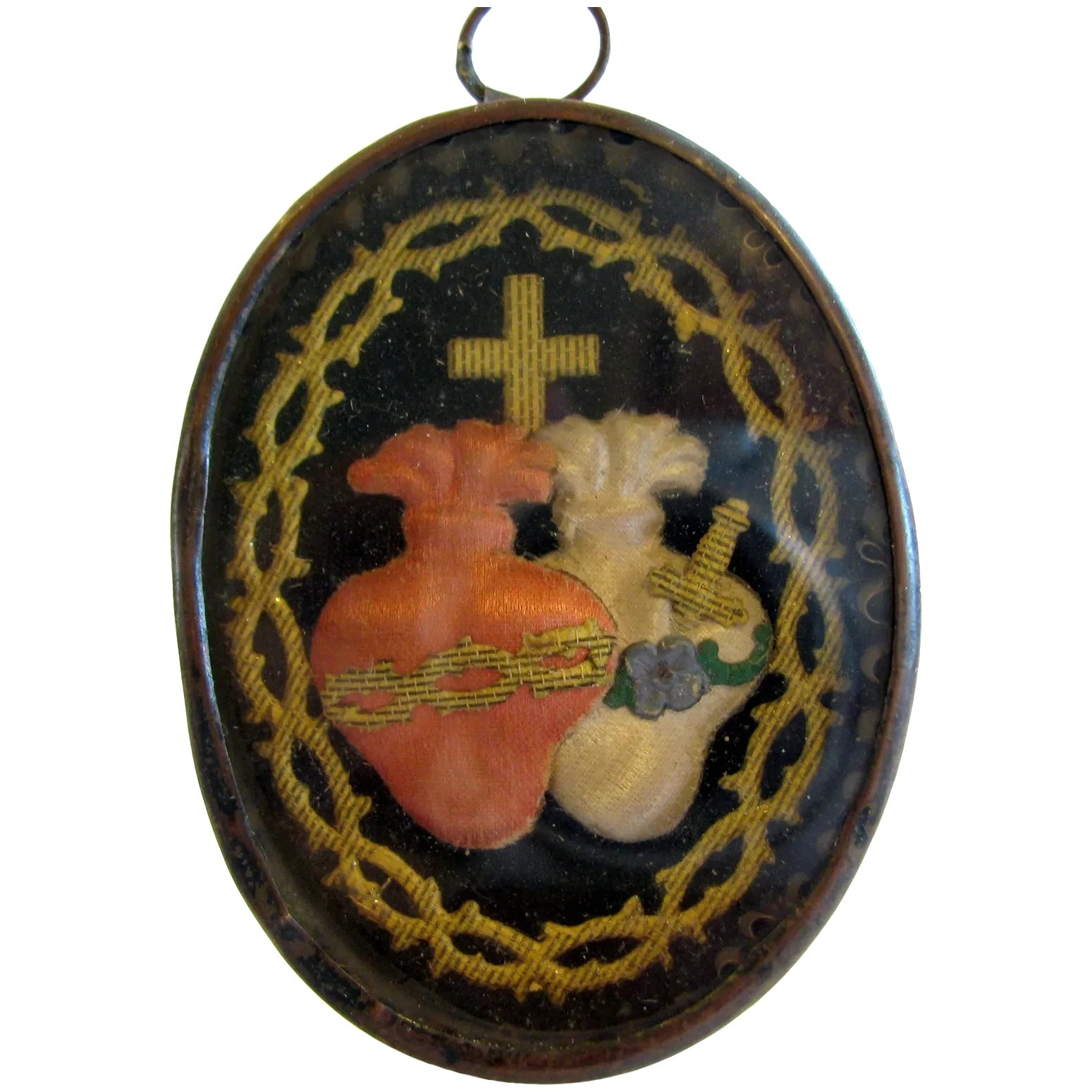These reflections are a result of more than 40 years of ministry as a Roman Catholic priest. Most of these years I spent in the Diocese of Charlotte which covers Western North Carolina. Now I am retired, and live in Medellín, Colombia where I continue to serve as a priest in the Archdiocese of Medellín.

God loves a cheerful giver. (2 Cor 9:6-11)
As my homiletics professor, Rev. David Buttrick, used to say, “If you’ve got a wad of dough, you ought to give it!” Unfortunately, in today’s world very few give cheerfully.

Jesus said to his disciples: “You have heard that it was said, ‘You shall love your neighbor and hate your enemy.’ But I say to you, love your enemies, and pray for those who persecute you, that you may be children of your heavenly Father, for he makes his sun rise on the bad and the good, and causes rain to fall on the just and the unjust. For if you love those who love you, what recompense will you have? Do not the tax collectors do the same? And if you greet your brothers only, what is unusual about that? Do not the pagans do the same? So be perfect, just as your heavenly Father is perfect. (Mt 5:43-48)
“You have heard it said . . . but I say to you” is classic Jesus material. The question comes for us, Love our enemies? As disciples of Jesus we have spent two thousand years finding every excuse possible to NOT fulfill this command of Jesus—from countless wars to the current culture wars. Perhaps now is the time to listen to the Lord.

We are treated as deceivers and yet are truthful;
as unrecognized and yet acknowledged;
as dying and behold we live;
as chastised and yet not put to death;
as sorrowful yet always rejoicing;
as poor yet enriching many;
as having nothing and yet possessing all things. (2 Cor 6:1-10)
The challenges of being an apostle . . . but still Saint Paul says, “Now is a very acceptable time;
behold, now is the day of salvation.”

We walk by faith, not by sight.
(2 Cor 5:6-10)
To walk by faith and not by sight is to be Catholic. We celebrate the Sacraments . . . and the Sacramentality of Life itself . . . and experience God’s grace.

The love of Christ impels us,
once we have come to the conviction that one died for all;
therefore, all have died.
He indeed died for all,
so that those who live might no longer live for themselves
but for him who for their sake died and was raised.
(2 Cor 5:15-21)
The feast of the Sacred Heart of Jesus is followed by the feast of the Immaculate Heart of Mary. As Saint Paul reminds us, “the love of Christ impels us.” Mary always leads us to follow the love of her Son who gave himself for our salvation.



